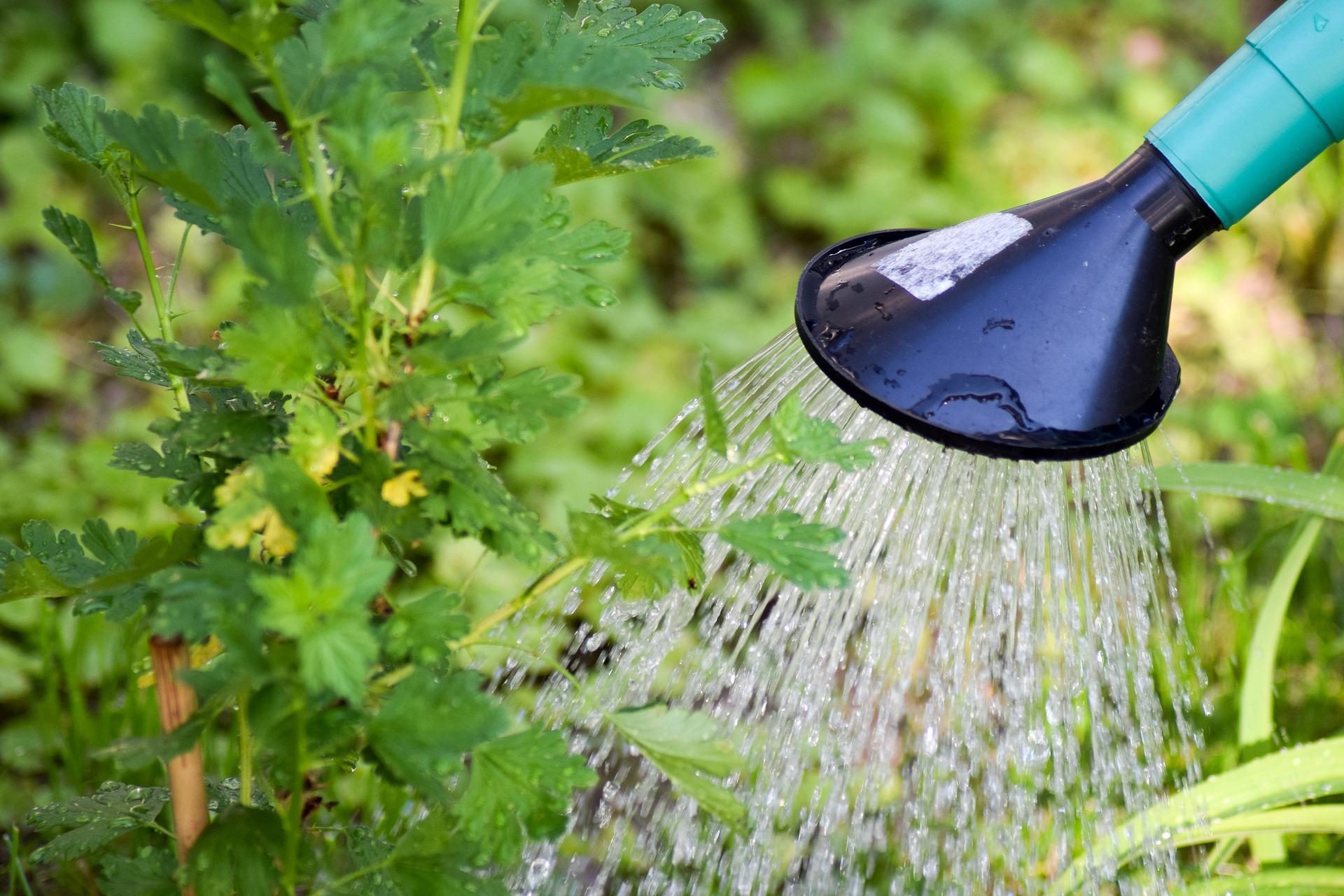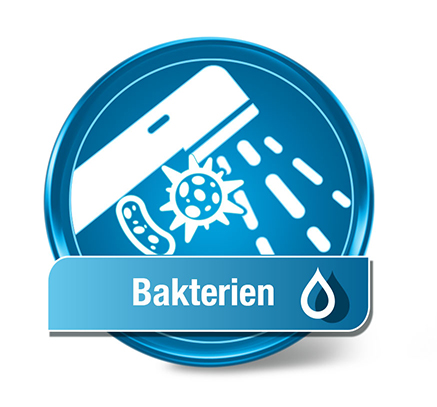
Watering Plants
How often you water a plant depends on the type of plant. Some plants require very little water, while others need very good and regular care and watering. Before using water for watering, you should determine the water hardness, pH value, salt content, and conductivity. This is because garden plants and potted plants have different requirements – not only for the soil but also for the water used to water them, to grow, thrive, and blossom, and to bear «fruit».
Water Hardness
The quality of water for watering plants depends on several factors. Primarily, this includes water hardness, which is divided into total hardness and carbonate hardness. Total hardness encompasses the sum of all dissolved alkaline earth metals in the water, mainly calcium and magnesium. Carbonate hardness, also known as temporary hardness, is crucial for the overall assessment of water quality because it significantly influences the pH value of the water. As the term carbonate hardness suggests, this aspect of water hardness for watering plants refers to the amount of alkaline earth metals dissolved as bicarbonates in the water, which can lead to the well-known carbonate deposits when boiled. Therefore, the quality of water for watering potted and garden plants depends on the calcium and magnesium content in the water. A high value in carbonate hardness negatively affects the root zone as it increases the pH value of the soil or substrate. Additionally, a high value can lead to lime deposits in the irrigation system, such as garden hose pipes or sprinkler lines.
Tap Water vs. Rainwater
When using tap water for watering garden and potted plants, great caution is required. This is because tap water in some regions is very high in lime. This high lime content can be very harmful, especially for indoor plants. Therefore, a suitable filter should be used in such cases. This filter reduces the lime content in the water. Some potted plants can also tolerate mineral water – specifically still water. You can find out if tap water is suitable for watering from your local community. The garden and all its plants can, of course, also be watered cost-effectively and energy-efficiently with rainwater. However, watering plants with rainwater should only be done if it is ensured that the rainwater is obtained through uncontaminated pipes and containers. Generally, using rainwater for watering plants is considered hygienically safe. Especially for watering garden plants, using rainwater is more sensible than using tap water, as most garden plants tolerate rainwater better than the often lime-rich tap water. Rainwater does not have carbonate hardness and is, therefore, the ideal water for watering.
Rainwater is Ideal for All Plants
Indoor and potted plants – including orchids – can generally be watered with rainwater. However, the rainwater should be mixed in a 1:3 ratio with diluted condensate water. This water is completely free of minerals and lime. The rainwater should be clean and fresh. This prevents the spread of fungal spores, viruses, and bacteria. Rainwater that runs off zinc, bitumen, and copper roof surfaces should not be used for watering the garden and potted plants. The collected rainwater should be stored in sealed containers. However, using rainwater lacks nutrients such as calcium and magnesium. This can be compensated by adding substrates in the form of fertilizers to the plant soils.
Rainwater is Cleaner
Watering plants with rainwater has several environmental benefits. First of all, it saves money. Rainwater is the oldest method of irrigation. Not only is rainwater clean, but despite lacking calcium and magnesium, it still has a high mineral content. It is important that the irrigation technology used for watering potted plants and garden plants with rainwater is in good condition. While plants can cope well with algae and other substances found in rainwater, pumps and pipelines can suffer significantly from contamination.
✔ Heavy metals and pollutants
✔ For general drinking water, softeners
✔ E. coli, coliform bacteria
✔ Enterococci
✔ Focus on bacterial contamination
✔ For general drinking water, softeners
✔ Heavy metals and contaminants
✔ Separate bacteria test recommended
✔ Heavy metals and contaminants
✔ Separate bacteria test recommended
✔ 100 Test strips
✔ For general drinking water, water softeners






